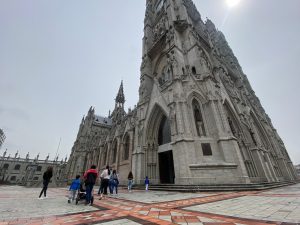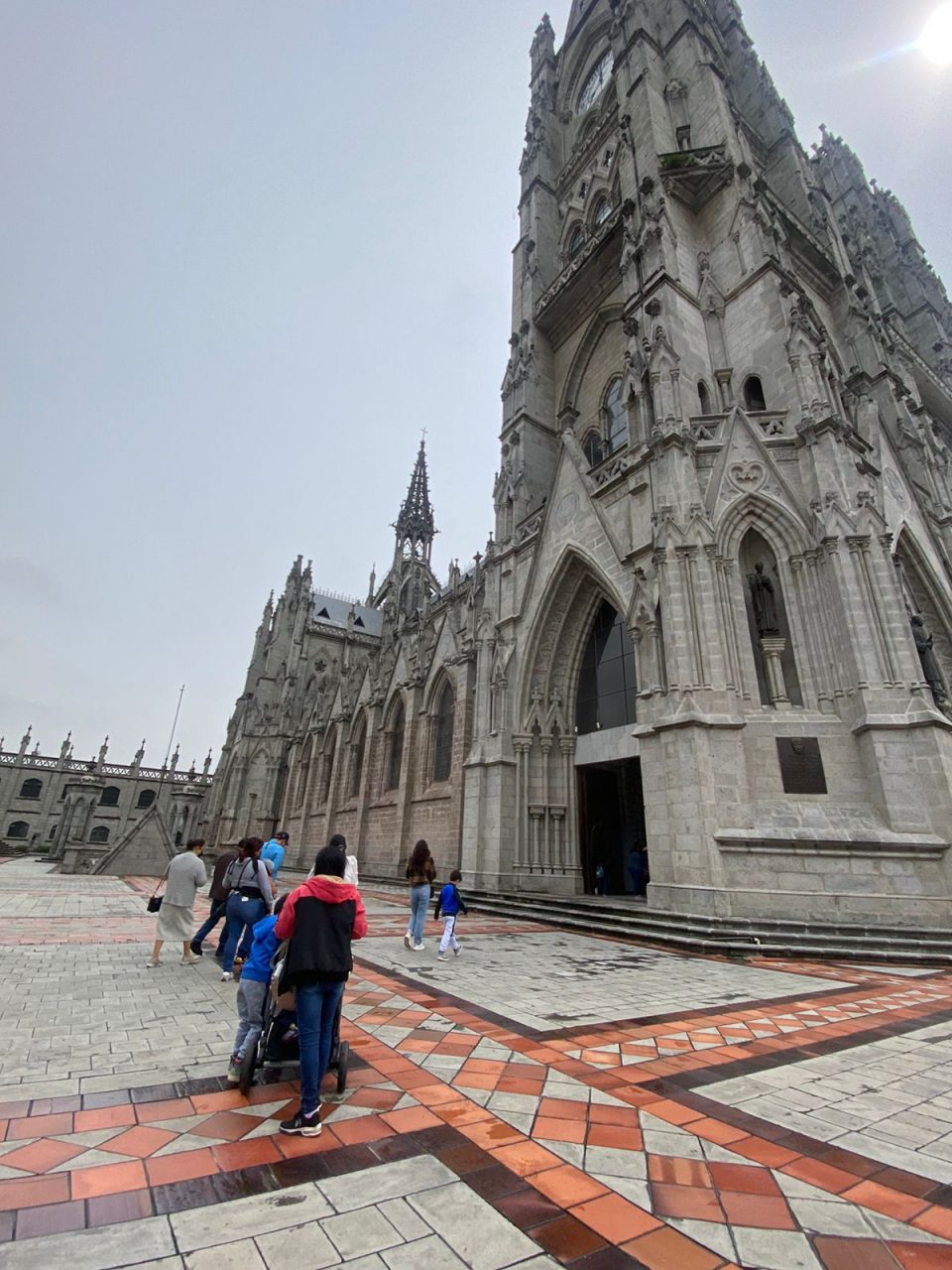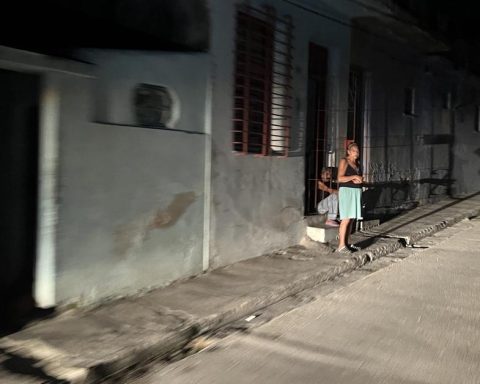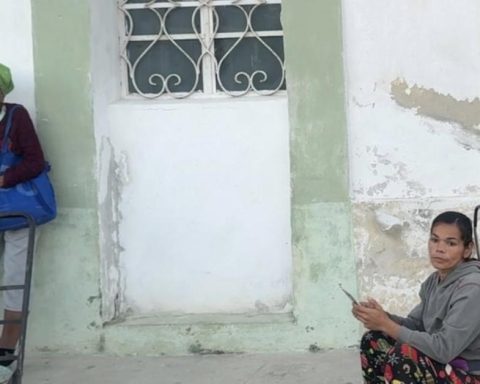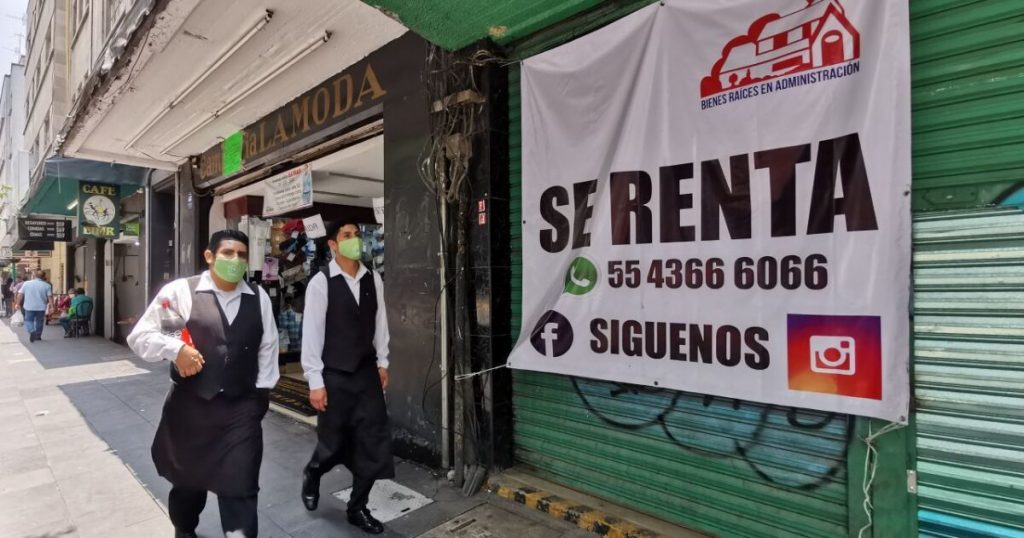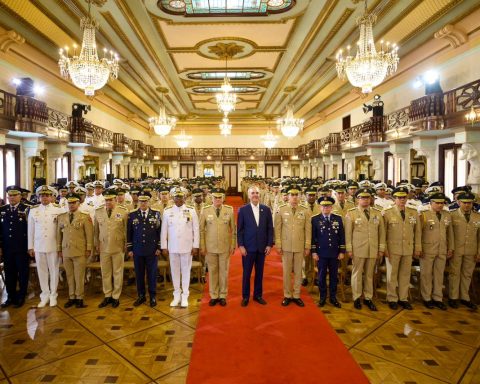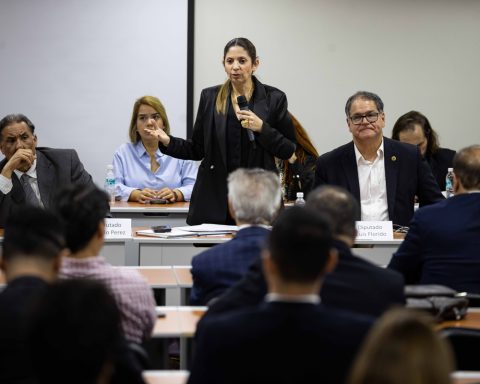After what happened in the Basilica, his authorities say there was no discrimination. They also report that they will not surround the church, after the announcement by social groups to hold a sit-in.
In Quito, a debate has started after the complaint, on social networks, of discrimination two trans women who visited the Basilica of the National Vow.
Actress Gabu Córdova through a video he showed the moment when she and two trans women who came from Cuenca to see one of the most representative churches in Quito were removed from the site. The argument was that photos could not be taken because – according to Córdova – the site employee would have said that “if the boys want to take photos in disguise, they must request authorization in writing.”
This was rated as transforbia. However, there were those who raised arguments in favor of the church. Mainly pointing out that the temples have dress codes or that being private property they can raise admission rights.
Churches without norm
The administrator of the internal part of the Basilica, Diana Soto, indicates that “no church has a dress code for entry”.
This was confirmed by the Archdiocese of Quito, from where it was detailed that although there is no written rule the population knows that to enter a temple “you ask for decorum”That is, do not attend with clothes such as shorts, short skirts or bermuda shorts.
Decorum is an intrinsic rule, says Soto and ensures that no one is prohibited from entering for reasons of clothing, neither if they profess other religions or by sexual preferences. “We do not discriminate against anyone. Anyone can visit the Basilica, whether Catholic or not. Muslims who come well dressed know how to come and ask for a space to pray, ”Soto reiterates.
Religious and tourist monument
Although it is the congregation of Oblate Fathers that runs the Basilica; exist cooperation agreements with public institutions such as the Metropolitan Heritage Institute (IMP) and the Ministry of Tourism, since the church is constituted – explains the official – as a religious-tourist temple.
“As we share the monument as religious and tourist, then We have to adapt so that the tourist comes with the clothing that he sees fit. Even because we have the towers where they go up ”, Soto highlights.
The official adds that those who work in the establishment receive talks on how to treat tourists with a gender perspective. “It is the parents who train us”, comments and denies that his partner has treated trans women in masculine terms. “The video is edited,” he reiterates.
There is no comparison with other countries
Those who defend the eviction of trans people have taken as an argument that, in different parts of the world there are entry rules and they are right. For example, Muslims do not prevent people of other religions from entering their mosques, but they do establish covering the body to the feet and wearing the head covered. Bare-shouldered entry is prohibited in the Vatican and other churches in Italy. There are temples where sportswear is not allowed or where you have to take off your shoes.
The difference is that the dress code is officially regulated and tourists are informed before entering. You can even find information on the internet on how to enter the temples. In the case of Quito, the Archdiocese page does not have this information, because the norm does not exist.
What does exist are the biosafety protocols to visit churches, following Covid-19.
That is why César Mantilla, former Secretary of Inclusion of Quito and defender of human rights, says that what happened in the Basilica “has no point of comparison with other countries.”
Mantilla argues that if there is a norm it must be established in writing. “The controversy that is caused here is that they are not applying the regulations, in quotation marks, of the dress code to all people. Right now you go and you have people in tops, shorts, skirts – men and women – entering the church ”.
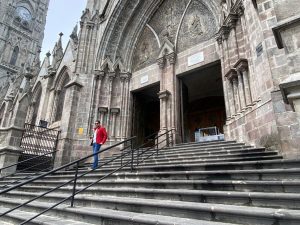
Ordenaza Lgbtiq +
In Quito, since 2014 it governs Ordinance 0554 referring to the inclusion of Lgbtiq + sexual diversity, in which it is detailed that public and private institutions cannot “engage in behaviors that exclude sexual diversities.” To this is added that Quito Tourism announced, on June 28, 2021, that it is working on a roadmap that allows the city to become in a diverse destination with open and safe options for the Lgbtiq + community.
Mantilla highlights that from a “tourism and rights perspective, they are failing on both sides.” Although Quito Tourism assures that it does not interfere in the norms of the churches, Soto says that they work with that institution on visitor service protocols.
Without fences before the seedling
The trans community has summoned a ‘Sunday photographed’ on Sunday, November 28, 2021, outside the Basilica. The church administration indicated that access will not be prohibited, nor will there be fences or fences around, nor will there be a police presence. (AVV)
“In Ecuador there is no regulation (clothing to go to church), but in the world religion that is the Catholic we all know that those of us who are going to listen to mass, the father invites us to be well dressed”, Diana Soto, administrator of the internal part of the Basilica.
“We agree that in other parts of the world there are these norms and rules (clothing) but here (Ecuador) there is no clear norm for everyone (…) here it is discriminatory when only a group of people are imposed these rules”, César Mantilla, former Secretary of Inclusion of Quito.
One of the tourist strategies of Quito is the Lgbtiq + tourism
